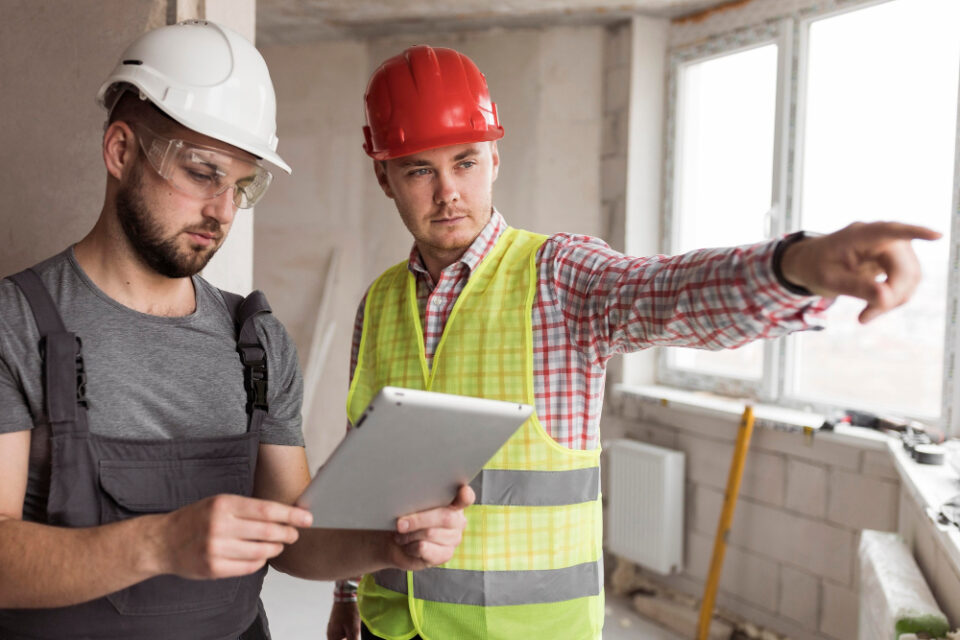Investing in commercial real estate is a lucrative venture but comes with significant risks. One crucial step in mitigating those risks is conducting a thorough building inspection before purchasing. A vital building inspection reveals potential issues that could cost you dearly in the long run. Commercial properties are subject to different regulations, codes, and residential buildings. They often have complex systems, larger square footage, and higher occupancy rates. These factors make them more susceptible to potential issues impacting their functionality, safety, and value.
A thorough building inspection uncovers hidden defects or code violations that might take time to be apparent. These could be structural problems, electrical or plumbing issues, roof or foundation damage, and other concerns. Addressing these problems before finalizing a purchase saves you from costly repairs or legal liabilities.
Commercial building inspection cover
- Structural integrity
The inspector will evaluate the building’s foundation, walls, floors, ceilings, and roof to check for any signs of damage, cracks, or structural instability. This assessment ensures the property meets safety standards and withstands the intended use.
- Electrical systems
The electrical systems, including wiring, panels, outlets, and lighting, will be inspected for compliance with local codes and regulations. The inspector checks for fire hazards or outdated components requiring upgrades or replacements.
- Plumbing systems
The plumbing systems, including water supply lines, drainage systems, and fixtures, will be thoroughly inspected. The inspector will look for leaks, water pressure, and any signs of wear or deterioration that could lead to costly repairs.
- HVAC systems
Heating, ventilation, and air conditioning (HVAC) systems are vital in maintaining a healthy indoor environment—the inspector the condition of these systems, temperature control and energy efficiency.
- Fire safety
Fire safety is a critical consideration for commercial properties. The inspector will evaluate fire suppression systems, emergency exits, and adherence to local fire codes and regulations.
- Accessibility and compliance
Depending on the property type and intended use, the inspector may also assess compliance with standards of the Americans with Disabilities Act (ADA) local building codes.
- Environmental concerns
In some cases, the inspection may include an assessment of potential environmental hazards, asbestos, lead-based paint, or mould. These issues pose serious health issues that require remediation efforts.
- Certifications and licenses
Ensure the inspector holds your state or locality’s necessary certifications and licenses. Reputable inspectors should be members of professional organizations, such as the International Association of Certified Home Inspectors (InterNACHI) or the American Society of Home Inspectors (ASHI).
Choose an inspector with extensive experience in inspecting commercial properties similar to the one you’re considering. They deeply understand the unique challenges and complexities associated with different types of commercial buildings. A vital building inspection is an essential step in the commercial real estate investment process. It provides valuable insights into the property’s condition for an informed decision. By identifying and addressing problems early on, you avoid costly surprises and ensure your investment is sound.

